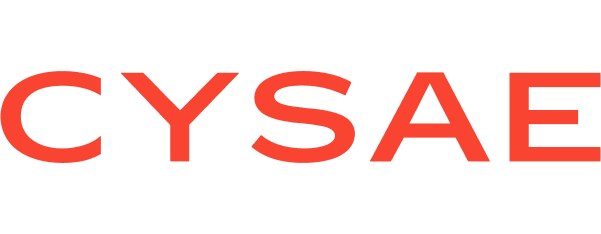The first tokenized issuance of assets in Spain is now a reality and raises a key question: what legal structure is represented by this token, and why has this model been chosen? Until now, the transfer of negotiable securities required a series of bureaucratic steps that could delay the process and generate uncertainty. But the model chosen is based on Article 11 of the Spanish Securities Market Law (LMSV), which radically changes the way securities are represented. Now, when using tokens that represent a negotiable value, the transfer of these rights can be accelerated using blockchain technology. This makes it easier to accept the transfer of rights.
In this case, what has been tokenized are non-convertible bonds, one of the three forms of negotiable securities that can now be represented using distributed ledger technology (DLT). The company Inversions Danelium, S.A. has been the first to make this issuance, registered in the Official Gazette of the Commercial Registry (BORME) and due for completion on May 7, 2025. So why was this model chosen? Because tokenizing bonds allows investors to participate in the company’s financing without losing control over their capital, assuring that the investors hold a debt title and not an equity stake. Moreover, the applicable regulation recognizes that the legal security of such a process is guaranteed.
However, tokenization is not simply an obsession of “innovators” who want to digitize everything for the sake of it. It is not a superficial change, but rather a transformation with real and tangible efficiency for financial instruments. The digitalization of negotiable securities not only simplifies the issuance in the primary market but also optimizes the subsequent management of investors and the distribution of dividends. With traditional systems, managing interest payments, ownership updates, or any administrative procedure required the intervention of intermediaries and manual processes that consumed time and money. With tokenized securities, these operations can be executed automatically through smart contracts, significantly reducing costs and waiting times.
Until recently, transferring negotiable securities was a somewhat cumbersome process. It involved making accounting entries, verifying records, and in many cases, dealing with intermediaries that complicated the process. However, with the implementation of Article 11 of the LMSV, now it is enough to register the transaction in the DLT registry to get a title that is fully legitimate. This not only provides immediate certainty but also makes the system more secure, preventing fraudulent transactions. In other words, the use of tokenized values ensures their legitimacy, as no one can alter or misrepresent them.
The issuance of Inversions Danelium, S.A. has had the support of Ursus-3 Capital, A.V., S.A., with the company responsible for registration, in collaboration with Token City and Onyze. The relevance here is not only the technology used, but also the legal recognition of the operation. It was not easy to experiment with in a sandbox regulatory environment; this is the first time such a model has been applied in a legal framework and accepted in Spain. The registration was made in the BORME with the issue of “Non-Convertible Tokenized Bonds” as proof of the legal framework adapting to current times.
The great advantage of this new model is the reduction of costs and simplification of processes. Intermediaries that previously slowed down operations now allow transactions to be faster and more efficient. Furthermore, the availability of third parties in real time allows the value to be directly registered in the DLT registry. This means that no longer is there a need for physical intermediaries, as the value can now be transferred with the same security as the traditional system.
Ultimately, tokenization of securities is not just a passing trend, but rather a logical evolution that will bring long-lasting transformation. The combination of blockchain technology and a solid regulatory framework ensures the safety of assets while promoting investor confidence. As Spain implements MiCA, we expect to see tokenization become a key factor for business financing in Spain. The next major tokenized issuance is anticipated to emerge soon, signaling the continued growth of this model in our market.
If you have a tokenization project and need clarity on the regulatory framework in Spain, at CYSAE we can help. We are experts in advising companies that seek to comply with the current regulation and perform efficiently in their operations. We analyze how your business model can adapt to the regulations and ensure its viability. If you have questions about how to structure your issuance, manage investor rights, or comply with regulatory guidelines, we are here to help. Your focus is to innovate, ours is to ensure you do it with security.




